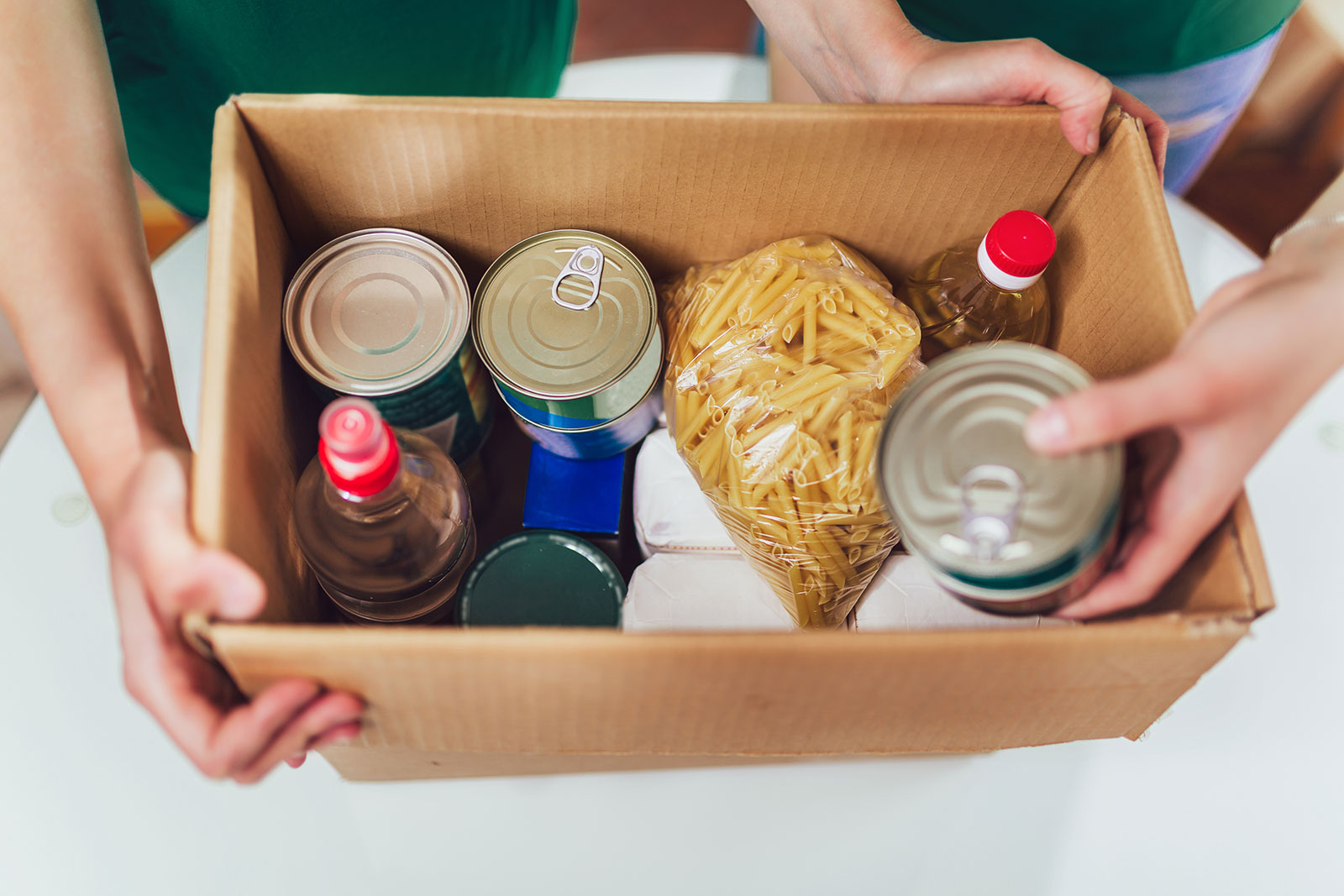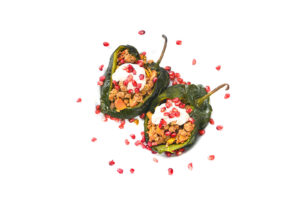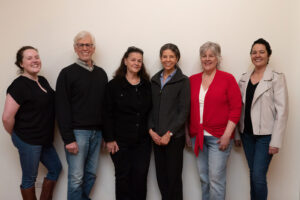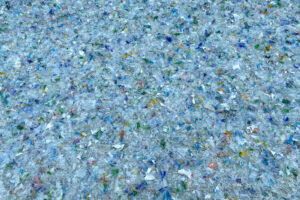When someone receives a cancer diagnosis, the newfound worry often spans beyond a prognosis. The stress of choosing the right treatment, paying bills and being strong can become overwhelming and affect the quality of care and life of a cancer warrior. They may be forced to choose between potentially life-saving treatment and making rent, buying groceries or paying for their child’s education. While many nonprofits in the cancer sphere have traditionally focused on funding to put toward research, awareness or medical bills, organizations and programs geared toward covering everyday expenses offer a light in the dark so warriors can focus wholeheartedly on healing.
Financial toxicity, or financial distress, is an issue that plagues warriors facing cancer more than any other disease. Cancer is one of the most expensive medical conditions to treat in the United States and care costs for warriors continue to rise, even when insured.
Insured cancer warriors typically have to pay higher premiums, and copayments, deductibles and coinsurance can add up quickly when receiving ongoing, expensive treatment. A Journal of Clinical Oncology study showed average out-of-pocket expenses for cancer care, including premiums, can be more than $5000 per year.
When combined with extra costs like transportation to appointments or lodging during treatment, out-of-pocket medical expenses can leave even the most economical warrior approaching financial disaster in no time. With many warriors unable to work during active treatment, a family’s income (and insurance coverage) may become low to non-existent.
A Journal of the National Cancer Institute study found that “patient time costs” – the time warriors spend receiving care rather than engaging in other activities, such as working – range from hundreds to thousands of dollars per year and affect younger patients at higher rates than their older counterparts. These accumulated hardships may end up lasting years beyond a NED status in the form of looming debt or tanked credit scores.
There’s also evidence that this financial stress can impact a warrior’s quality of life as severely as physical toxicity might. A December 2019 examination on financial hardship of cancer warriors published in the Journal of Clinical Oncology saw that “several cross-sectional and cohort studies have reported that financial hardship is associated with worse health-related quality of life and less satisfaction with care.”
A diagnosis is exhausting enough without a financial calamity that affects your care options and choices. Luckily, there are organizations aiming to lessen everyday financial burdens for active warriors so that they can focus more on fighting cancer than fighting collection agencies.
Molly MacDonald runs one such nonprofit. The Pink Fund, founded in 2006 by MacDonald, provides 90-day non-medical funding for cost of living expenses (housing, transportation, utilities and insurance) to breast cancer warriors in active treatment. MacDonald came up with the concept after experiencing her own financial hardships while in treatment.
In 2005, MacDonald was diagnosed with early-stage breast cancer while transitioning jobs and coming out of an unpleasant divorce process. The diagnosis was unlikely to take her life, but, as she puts it, it could take her livelihood. Due to her diagnosis, her new job fell through and she was suddenly without an income to provide for herself and her children. Eventually she entered the state known as “cancer-related financial toxicity.”
When combined with extra costs like transportation to appointments or lodging during treatment, out-of-pocket medical expenses can leave even the most economical warrior approaching financial disaster in no time.
On the verge of financial collapse with a foreclosed home and a soon-to-be repossessed vehicle, MacDonald started thinking back to the women she had met during treatment who were undergoing even longer, more toxic treatment than she was. Finances were a big topic of concern, and MacDonald recalls the women weighing their options to get through treatment with their head above financial waters. The possibilities the women discussed included dipping into their retirement funds, putting their home on the market and taking their children out of college.
“There were just a lot of things they were juggling to determine how to adhere to the treatment plan, not go broke and not make major changes in their life,” MacDonald says. “This stress, the financial stress, means patients are making potentially life-altering treatment decisions around the cost of care. When a patient is told what their treatment protocol is going to be, they want to know if they’re going to lose income. I thought, ‘Someone has to do something.’”
MacDonald approached the social worker where she was receiving treatment, but her previous year’s income disqualified her from receiving any financial assistance even though she was now unemployed. After this encounter, she had what she describes as an epiphany—if she couldn’t receive help, then maybe she was supposed to give it.
“I rescued my house from foreclosure,” MacDonald says, describing the early months of formulating The Pink Fund. “I traded in my vehicle. My credit report tanked. It was just this perfect storm of financial challenges. But I believed I could do this thing.”
She designed an application and a friend donated a website. The Detroit Free Press covered her story for an article. By May of 2007, The Pink Fund was up and running with enough money to begin making bill payments for recipients.
As of mid-2020, The Pink Fund has paid out $4.3 million in bills to breast cancer warriors’ creditors. Warriors interested in applying must be in active treatment, and the funding is determined by the percentage of loss of income compared to overall household income. “Every single person who qualifies according to our guidelines and provides supporting documentation [tax returns, bank statements, diagnosis, income, etc.] will get funded to some extent,” says MacDonald. “We have helped somebody from every demographic in this country, even men.”
With the COVID-19 virus, these resources have become immensely valuable for warriors. The results from a June 2020 survey conducted by The Pink Fund show that the pandemic has exacerbated the effects of financial toxicity for active cancer warriors.
Out of the 350 active breast cancer warriors surveyed, an alarming one hundred percent were unable to work and did not have clearance from their doctors to work during the pandemic. Moreover, 78 percent were concerned about the financial consequences of not working and what impact the loss of income would have on their treatment plan. This increased demand for financial support means nonprofits funding costs for active warriors are more important than ever.
The Pink Fund focuses on financial relief of everyday cost-of-living expenses for breast cancer warriors, but other organizations exist for those who may have a different diagnosis. Grassroots nonprofit Cancer Cartel funds costs like gas, mortgages and groceries to any active cancer warrior. The Leukemia & Lymphoma Society can help warriors with leukemia, lymphoma and myeloma pay for gas and parking through its Patient Aid Program, and the American Cancer Society’s Hope Lodge program provides families with a free place to stay during cancer treatment. Family Reach can assist active warriors in areas like mortgage or rent, utilities and childcare alongside financial planning.
For more information and resources, visit Cancer Financial Assistance Coalition, a group of national organizations providing financial help to warriors, online. Their searchable database is available at cancerfac.org.







